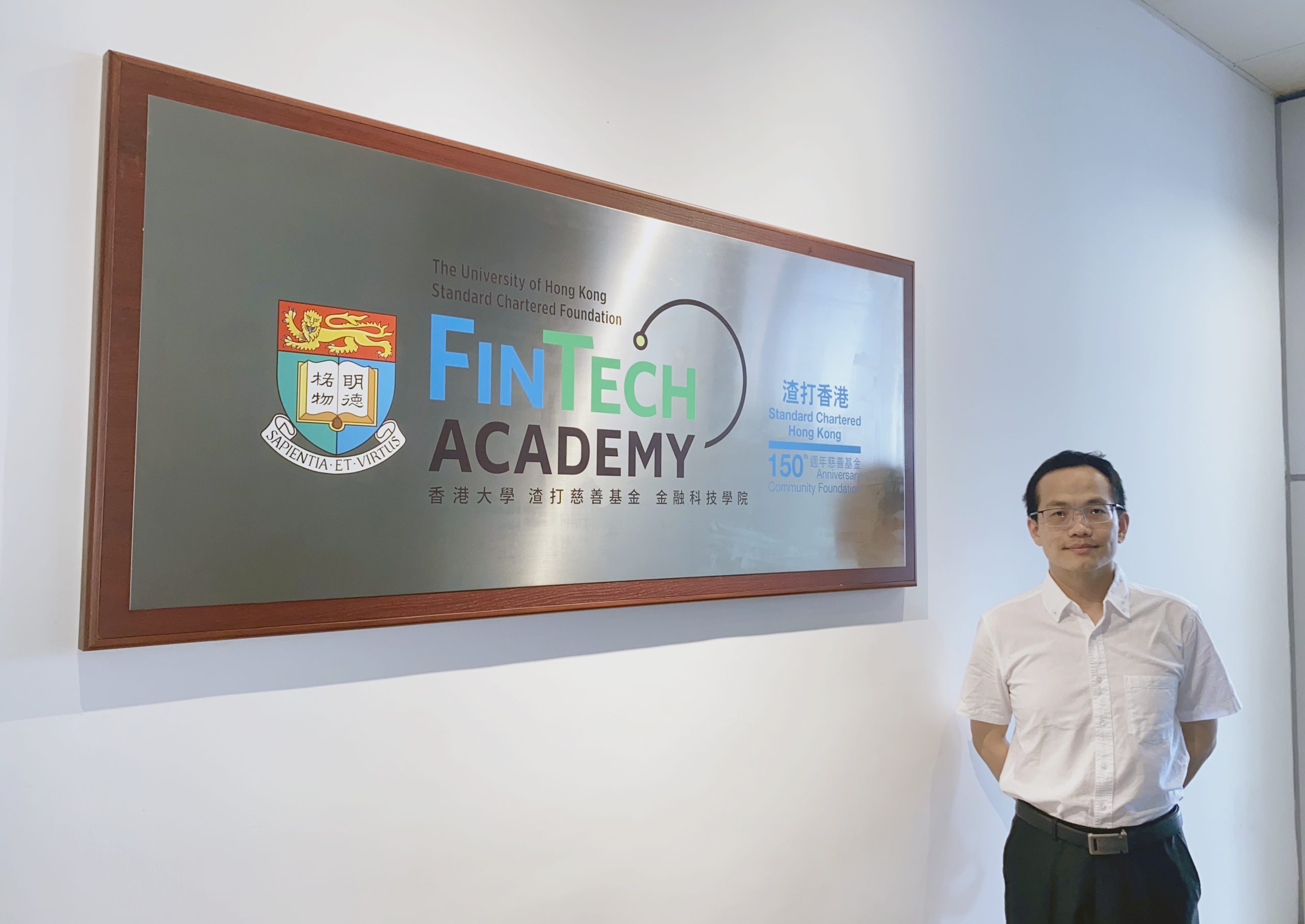
Biography and Research Interests
Haiyang Xue is currently a research assistant professor at the Department of Computer Science, HKU. Prior to joining the HKU-SCF FinTech Academy, he is a cryptography researcher at the Chinese Academy of Sciences. He received his Ph.D. from the Institute of Information Engineering, Chinese Academy of Sciences in 2015. He is interested in the theory and applications of cryptography, which cover post-quantum cryptography (especially authenticated key exchange from lattice and isogeny), multiparty computation, and zero-knowledge proof.
Research Projects
- Applied cryptography on privacy and security computation
- The recent advances of technology result in an explosive growth of data, especially in the field of FinTech. This motivates several applications based on the sharing of data and outsourcing of computation. There is a gap between the usability of data sharing (resp. computational power) and data privacy (resp. security of computation).
- Cryptographic tools provide solutions to decline this gap, such as zero-knowledge proof and multi-party computation. However, further theoretical and technological research is required to make these solutions practical.
- In this project, we promote the techniques of multi-party computation and zero-knowledge proof to fill up this gap and address the privacy and security issues related to FinTech.
- Post-quantum cryptography
- In recent years, great progress has been made towards implementing practical quantum computers. However, it is bad news for security and classical cryptographic algorithms, since the quantum computer could efficiently solve the factoring problem and discrete logarithm problem which most public-key cryptosystems deployed in practice rely on.
- In this project, Our aim is to design quantum-resistant cryptographic schemes to reduce the risk. We have been working on designing quantum-resistant encryption (key encapsulation) and authenticated key exchange. We proposed a latticed-based encryption scheme, LAC, and two authenticated key exchanges based on lattice and isogeny respectively. LAC is a second-round candidate of the NIST post-quantum standardization process and our key exchanges won the first and second prizes of the Chinese post-quantum cryptography competition.
Publications
- Haiyang Xue, Man Ho Au, Xiang Xie, Tsz Hon Yuen, Handong Cui: “Efficient Online-friendly Two-Party ECDSA Signature”. The 28th ACM Conference on Computer and Communications Security (ACM CCS 2021), pages 558-573
- Haiyang Xue, Xianhui Lu, Kunpeng Wang, Song Tian, Xiu Xu, Jingnan He, Bao Li: “SIAKE: Supersingular Isogeny based Authenticated Key Exchange”. Technical Report (2020). The Chinese post-quantum cryptography competition
- Xiu Xu, Haiyang Xue, Kunpeng Wang, Man Ho Au, Song Tian: “Strongly Secure Authenticated Key Exchange from Supersingular Isogenies”. The 25th Annual International Conference on the Theory and Application of Cryptology and Information Security (ASIACRYPT 2019), pages 178-308
- Xianhui Lu, Yamin Liu, Dingding Jia, Haiyang Xue, Jingnan He, Zhenfei Zhang, Zhe Liu, Hao Yang, Bao Li, Kunpeng Wang: “LAC: Lattice-based Cryptosystem”. Technical Report (2019), NIST post-quantum standardization process
- Haiyang Xue, Xianhui Lu, Bao Li, Bei Liang, Jingnan He: “Understanding and Constructing AKE via Double-key Key Encapsulation Mechanism”. The 24th Annual International Conference on the Theory and Application of Cryptology and Information Security (ASIACRYPT 2018), pages 158-189

